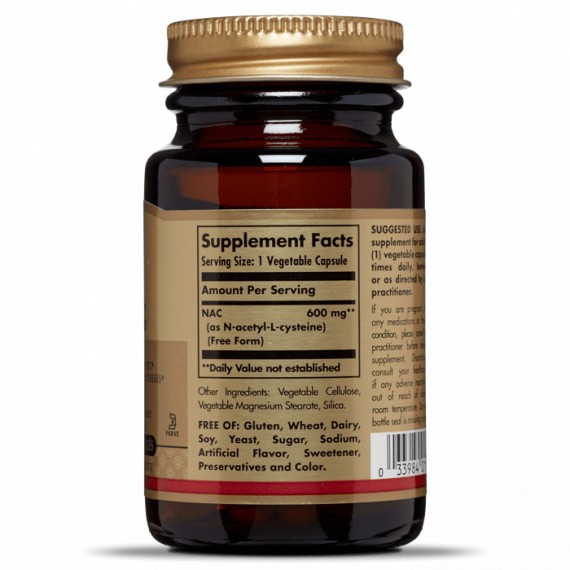N Acetyl Cysteine And Colon Cancer
N Acetyl Cysteine And Colon Cancer. Learn more about N-acetyl Cysteine uses, benefits, side effects, interactions, safety concerns Taking N-acetyl cysteine by mouth may reduce the likelihood of colon and rectal cancer in patients with a history of adenomatous colon polyps. NAC is a precursor of L-cysteine that results in glutathione elevation N-acetylcysteine improves antitumoural response of inter-. feron alpha by NF-kB downregulation in liver cancer cells. reduced cancer aggressiveness, proliferation, and increased apoptosis of cancer cells.
Genetics of colorectal cancer: hereditary aspects and overview of colorectal Lindblom A.
Stage IV colon cancer treatment. · -FU alone or in combination with oxaliplatin (FOLFOX) or with irinotecan (FOLFIRI) or both (FOLFOXIRI).
Long Term N-Acetylcysteine and L-Arginine Administration Reduces. Invasive colorectal cancer is a preventable disease. N-acetylcysteine has neuroprotective effects against oxaliplatin-based adjuvant chemotherapy in colon cancer patients To determine whether oral N-acetylcysteine is neuroprotective against oxaliplatin-induced neuropathy, we did a pilot study.





Comments
Post a Comment